Love coffee and chocolate? Well, you might want to look after bees then!
Bees are among the most important species on earth yet over the past two decades; research has shown bee populations are in sharp decline! We have lost up to 45% of bees across the US and Europe.
So, what does this mean for us?
In short, bees are responsible for producing the food we eat! That’s right, without bees, we would starve to death! That is because bees pollinate the majority of our fruit and vegetable crops. They perform an essential service in the ecosystem crucial to food production.
Approximately 250 000 species of flowering plants need bees to pollinate them producing food not only for us but countless other insects, birds, and animals.
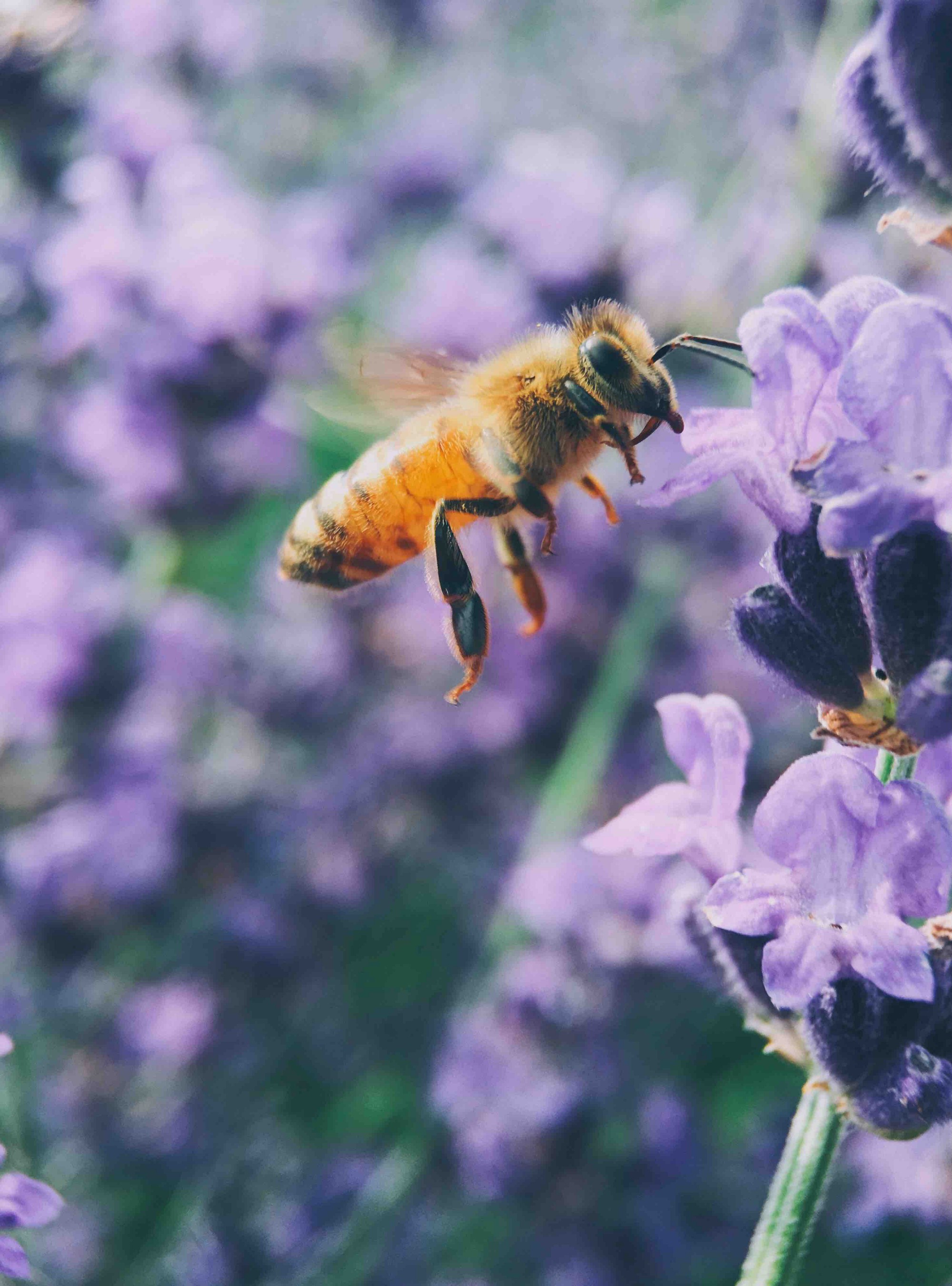
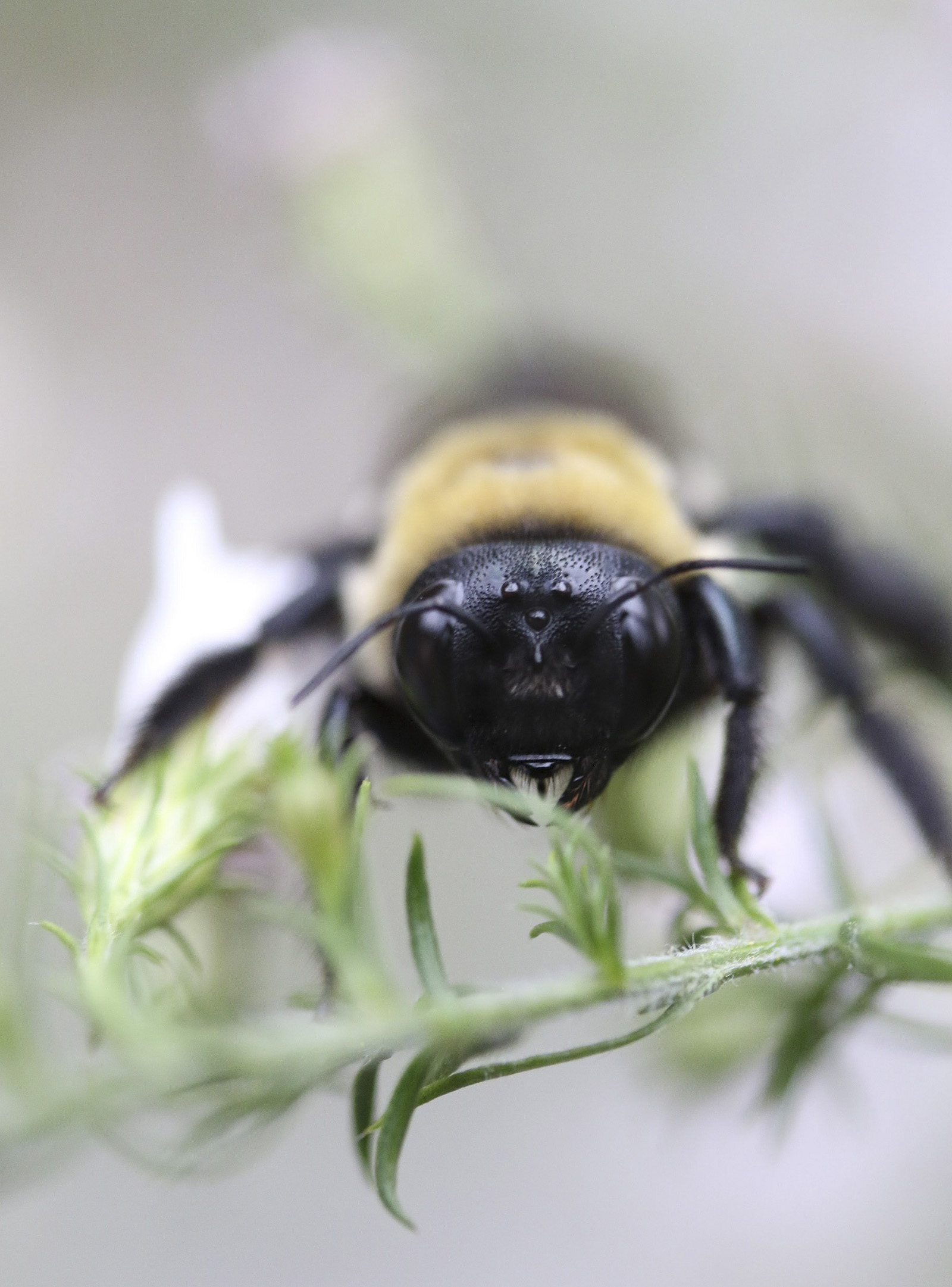
Why is this happening?
Pesticides! These nasty chemicals are responsible for the widespread loss in bee populations. Pesticides affect bees feeding behaviour, development, learning processes, navigation and compromise their immune systems.
Humans are also responsible for destroying natural areas home to wild bees due to land clearing for agriculture and development. This is believed to be, the primary cause of the decline of wild bees.
Climate change is another contributing factor — rising temperatures and changes in weather patterns all have an impact on the lifespan and habits of bees and is reported to affect the synchronisation between flowers and bees.
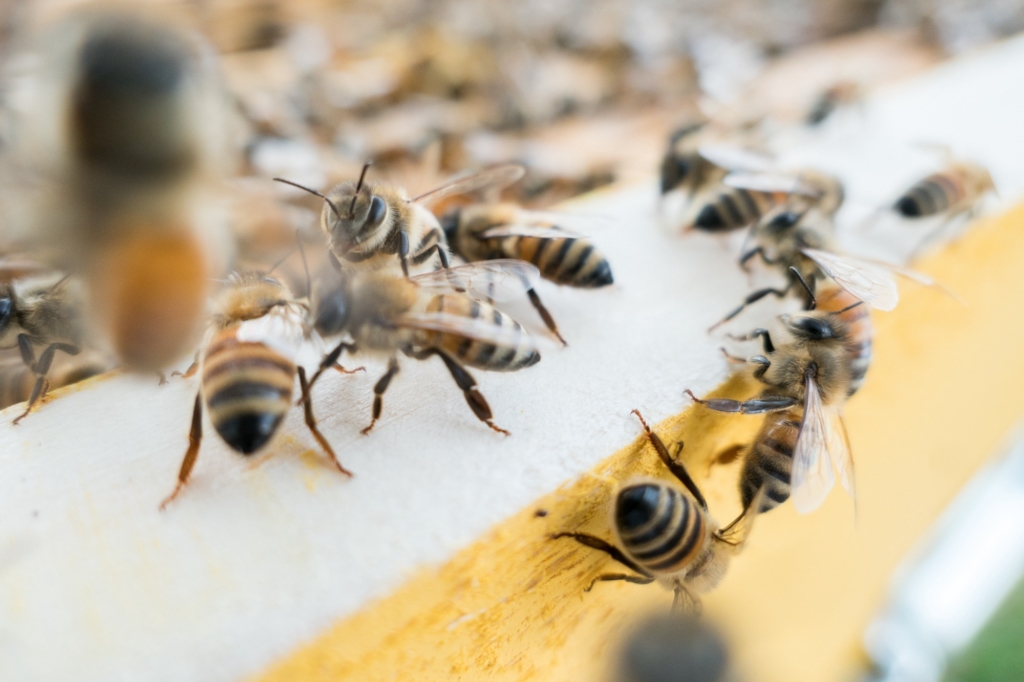
What can I do?
- Shop local
Support local farmers and organic farmers- buy your produce at your local market or organic supermarket. Organic farmers operate without harmful chemicals and support biodiversity and bees.
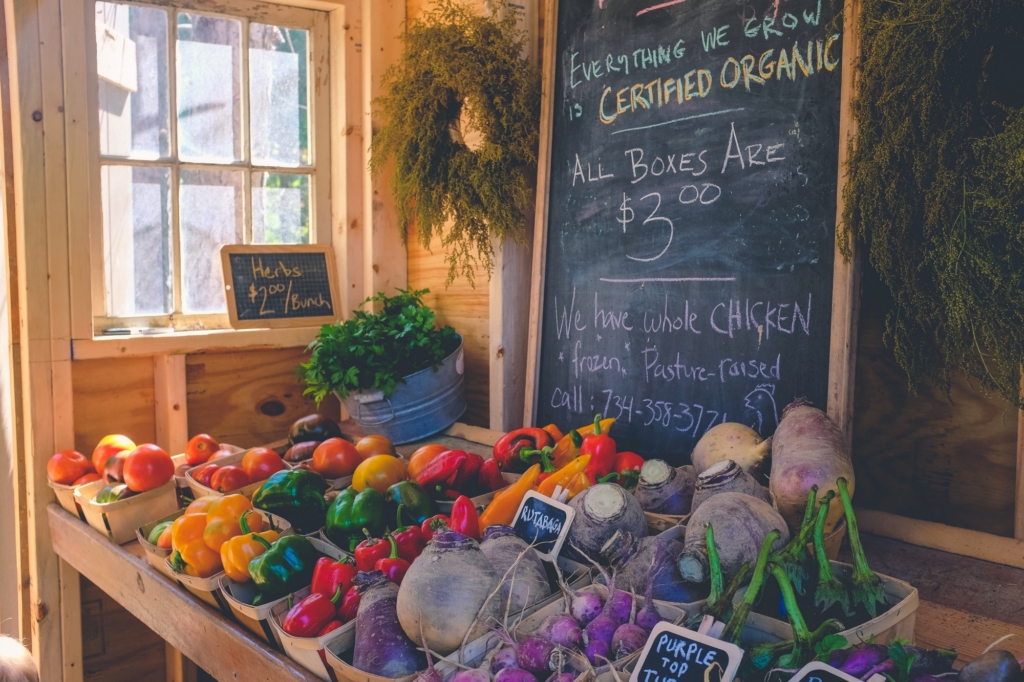
2. Start your veggie patch
You can grow organic herbs and vegetables at home — creating not only your food but a flourishing natural ecosystem and habitat for bees and other pollinators right in your garden.
3. Give bees a home
By planting native, bee-friendly plants, you will attract bees to your home. You don’t need a large space, window boxes and pot plants will do the trick.
4. Buy honey locally
Smaller honey produces care about their bees and treats them better. Also local honey can assist in allergy reduction by reducing your sensitivity to local pollen.
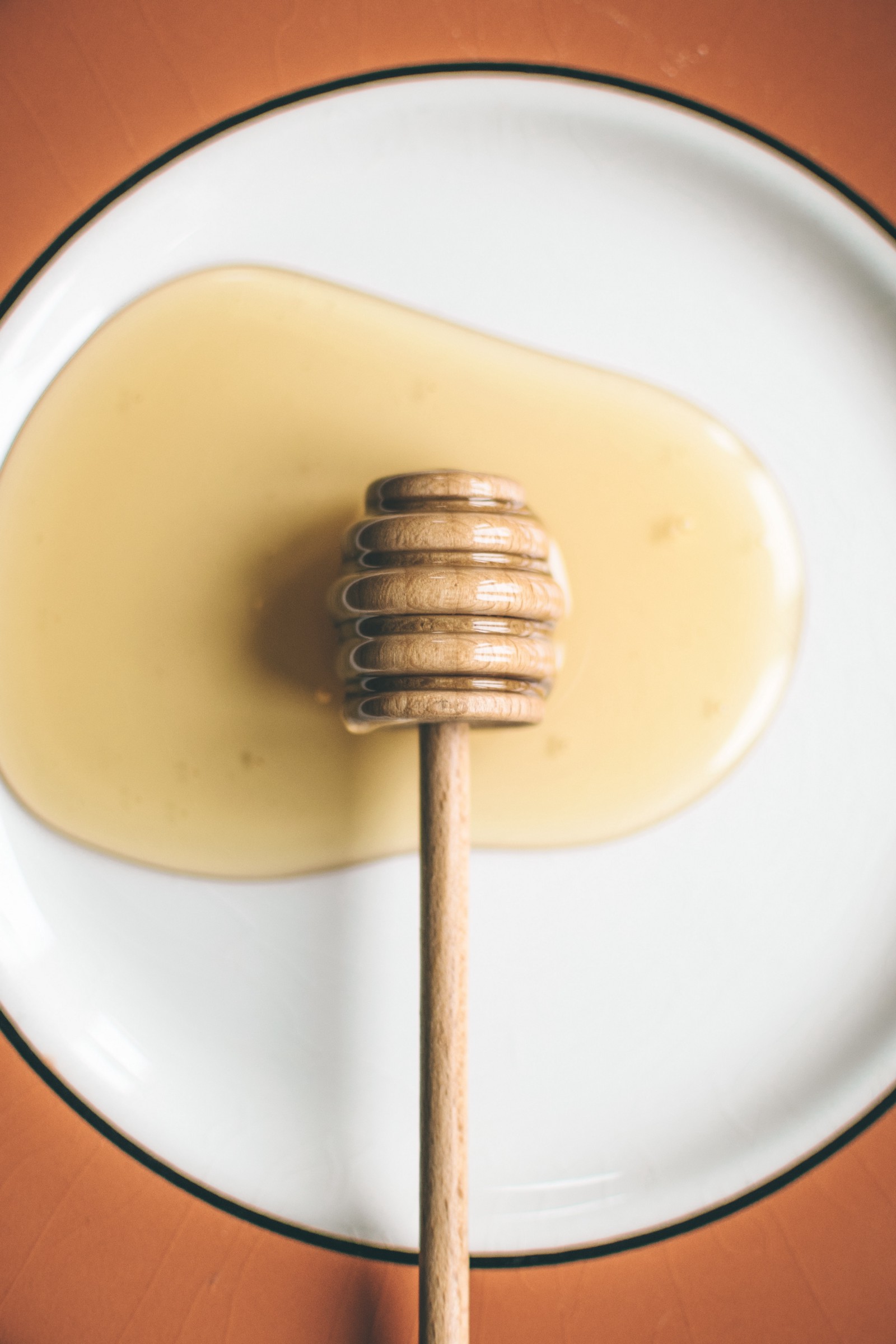
5. Considering starting your hive!
What better way to save bees than to create a home for them in your backyard! It’s the best thing you could do for bees!
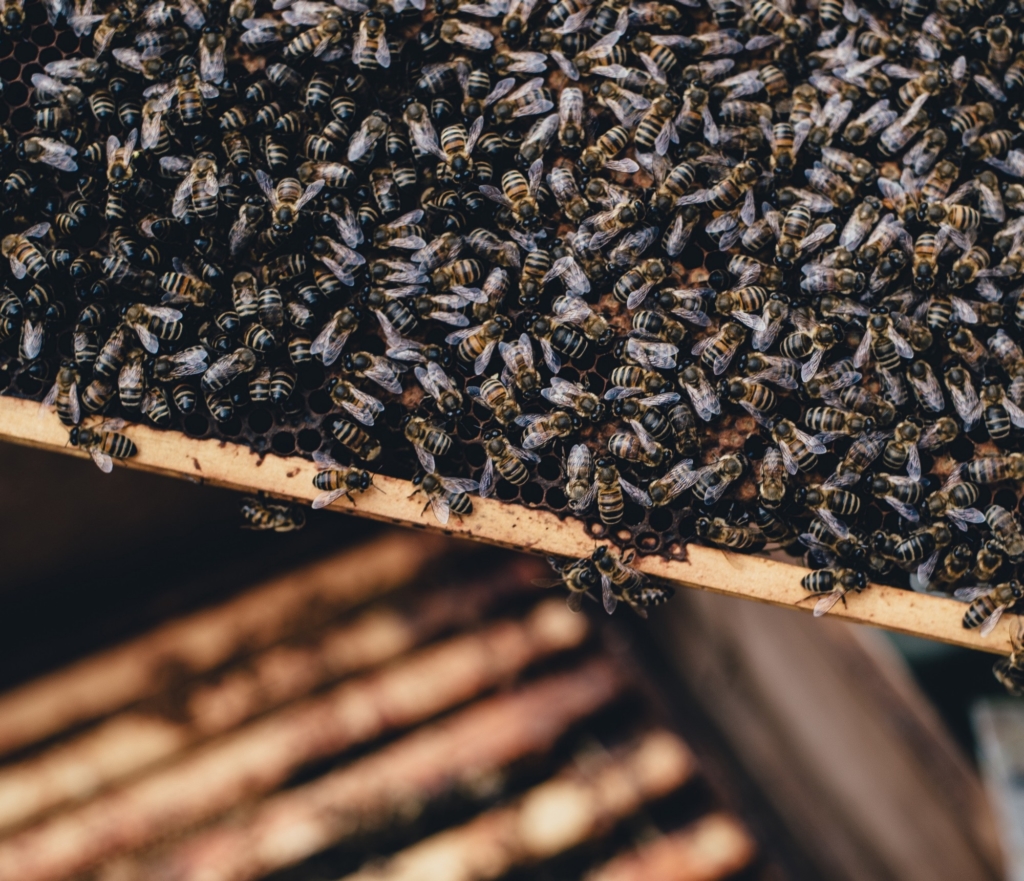
6. Help thirsty bees
Bees can easily drown near water so provide them something they can stand on while stopping for a drink! All you need is a bowl of water filled with rocks, marbles or floating logs.
7. Learn more about bees!
Did you know honey bees die after they sting you? Learn how to handle yourself around bees so that you don’t get stung. They only sting when they feel threatened, and there are plenty of ways to avoid this happening.
